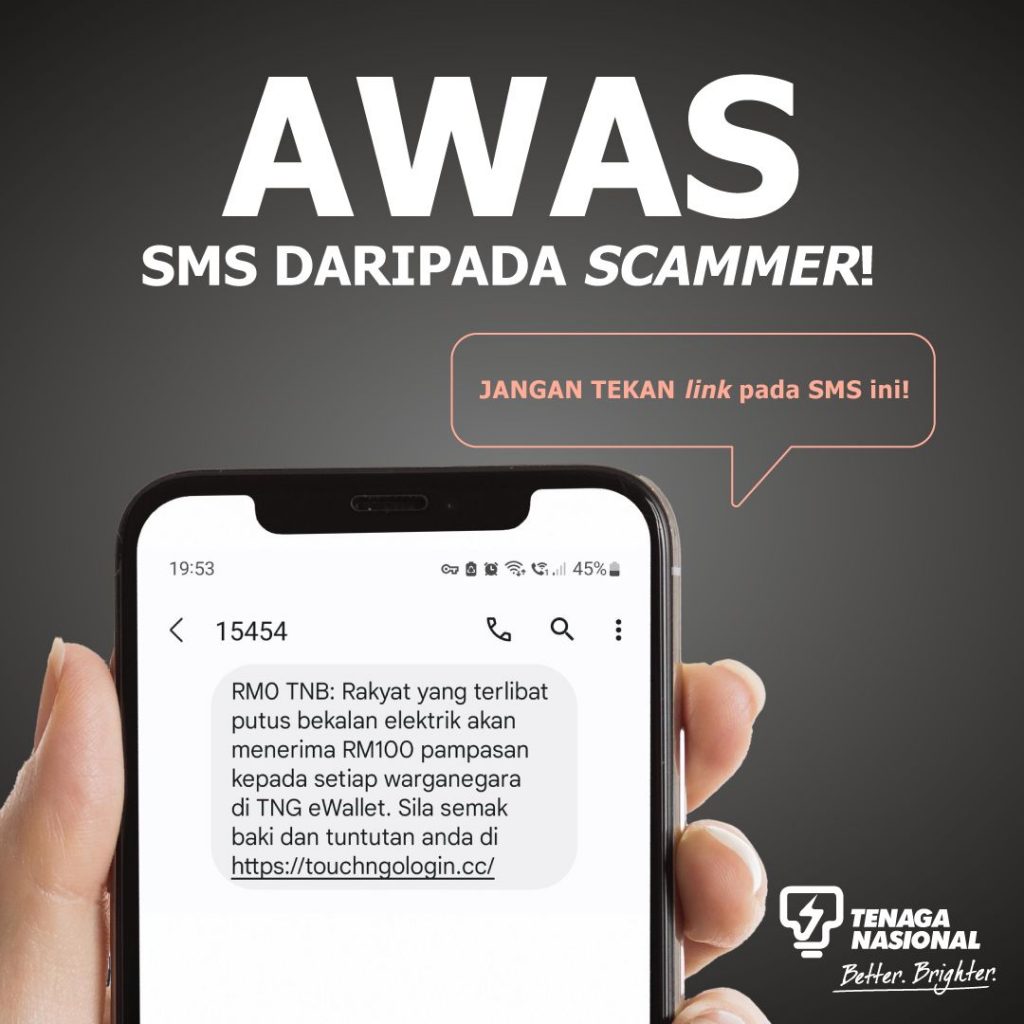While Maxis is the first telco in Malaysia to publicly announced that it will block any SMS sent or received containing links, it appears that other operators are also following the Malaysian Communications and Multimedia Commissions’ (MCMC) directive starting today, 2nd May. We have received confirmation that CelcomDigi and U Mobile will be blocking any SMS which contains links that are sent from mobile numbers.
On top of that, Unifi Mobile also sent an SMS alert yesterday informing users about the SMS blockage starting 2nd May. The SMS blockage is currently being implemented in stages starting with SMS sent to or received from local and international mobile numbers.

As stated by Maxis in its FAQ, blocking of SMS with URLs sent by business short codes such as 6XXXX, 2XXXX, and 1XXXX will be done later and a specific notification to the business users will be done. This should provide more time for business owners to switch to app-based or instant messaging-based platforms if they wish to send promo messages and links to their customer base. If you need to share links to your contacts, you are able to do so via other instant messaging or social media platforms such as WhatsApp, Facebook Messenger, WeChat, Telegram and etc.
Last month, Deputy Communications and Digital Minister Teo Nie Ching revealed that the MCMC has issued a directive to all telcos to block links sent via SMS. The move is aimed at preventing users from becoming victims of online scams which is currently a huge problem despite the numerous public service announcements from various sectors.

There are a lot of victims who have been duped into clicking through a link which promises to offer cash aid or rewards. The link leads to a fake website where victims are tricked into logging in with their username and password, followed by sharing their One Time Password (OTP). In most cases, these victims are not aware that they are being scammed as the website looks identical to the real deal. It is advisable to only log in to your online banking or eWallet accounts through the official app or website. On top of that, users should avoid downloading or sideloading any apps outside the official app store to prevent putting their phone’s security at risk.
Weh. Ni scam using GOV SMS platform ke? @my_sejahtera pic.twitter.com/pdWNjMzvm8
— Haaziq Zahar (@haaziq_mz) July 30, 2022
Bank Negara Malaysia has also directed all banks and eWallet providers to move away from SMS-based OTP as the sender name can be spoofed, while the OTP can be copied through malware. Besides enabling app-based SecureTAC to authorise transactions, most banks have also implemented a cooling-off period to delay scammers from accessing your account on a different device.
If you or someone you know has become a scam victim, you are urged to call the National Scam Response Centre (NSRC) at 997 as soon as possible.
0 comments :
Post a Comment